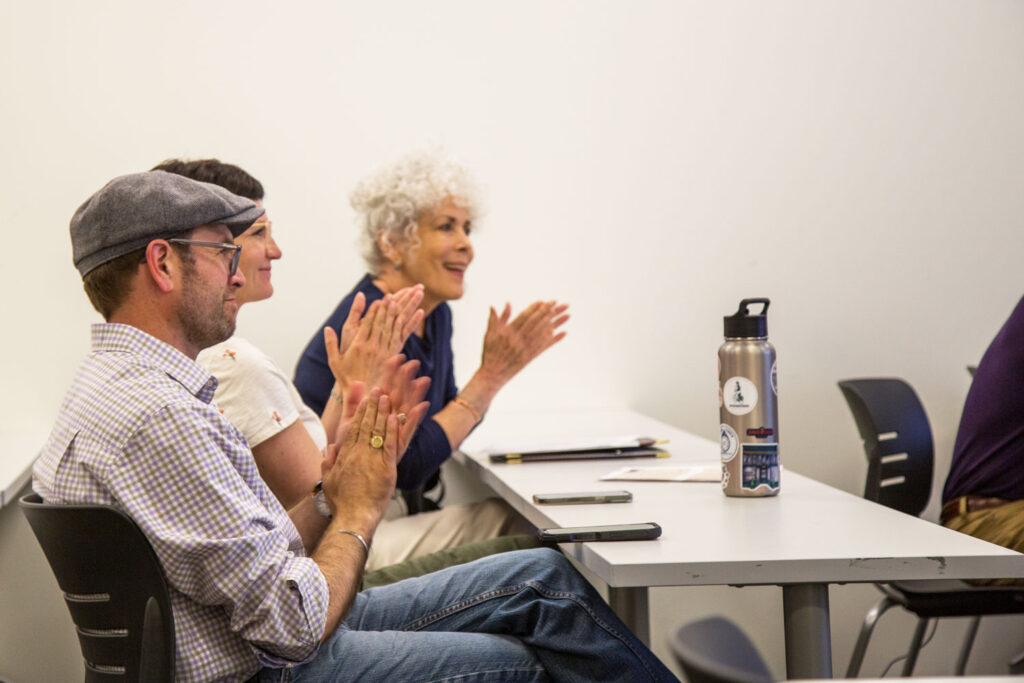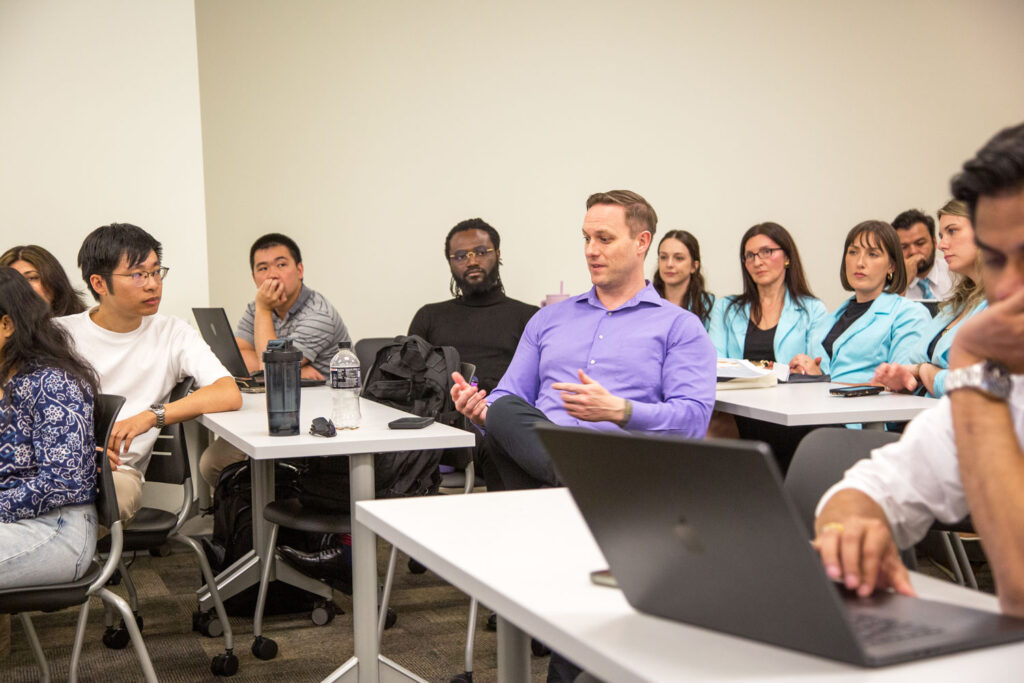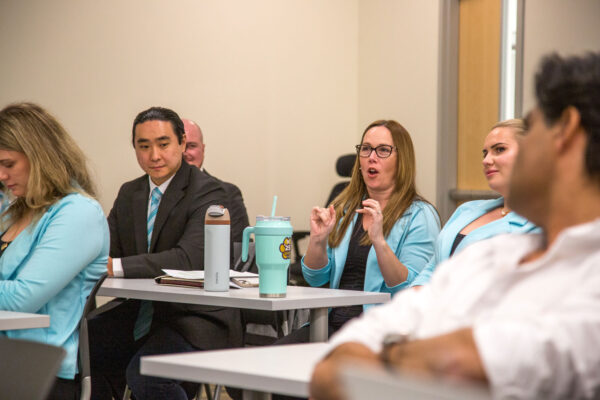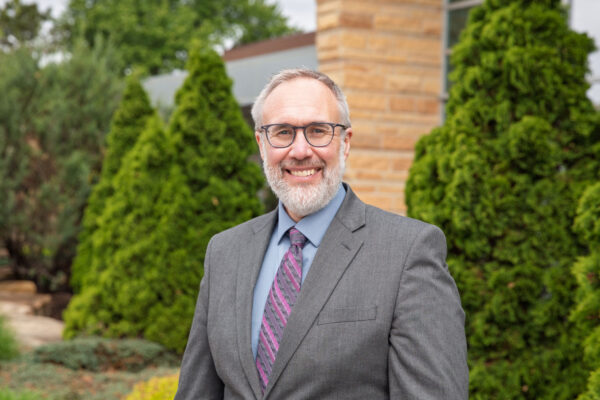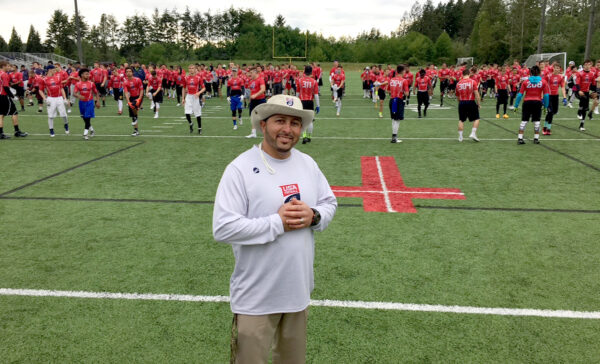A capstone project is an integral part of many degree programs. It’s the culmination of everything a student has learned throughout their studies, and often, it’s a chance to put their knowledge and skills to the test in the real world.
Master of Business Administration students at the University of Washington Bothell got to do just that in two spring 2025 capstone courses taught by Dr. Stephen Jones, associate professor in the School of Business. Together in three separate teams, they spent the quarter working directly with a “client” — a local business owner they connected with through a partnership with the Historic Downtown Snohomish Association — to provide an actionable plan for improving their business.
Snohomish, Washington, is a small town of about 10,000 people, located a 45-minute drive northeast of Seattle. It’s also home to a variety of small businesses ripe with opportunity for growth — the perfect setting for the budding professionals of tomorrow to apply their business acumen to create a real-world impact.
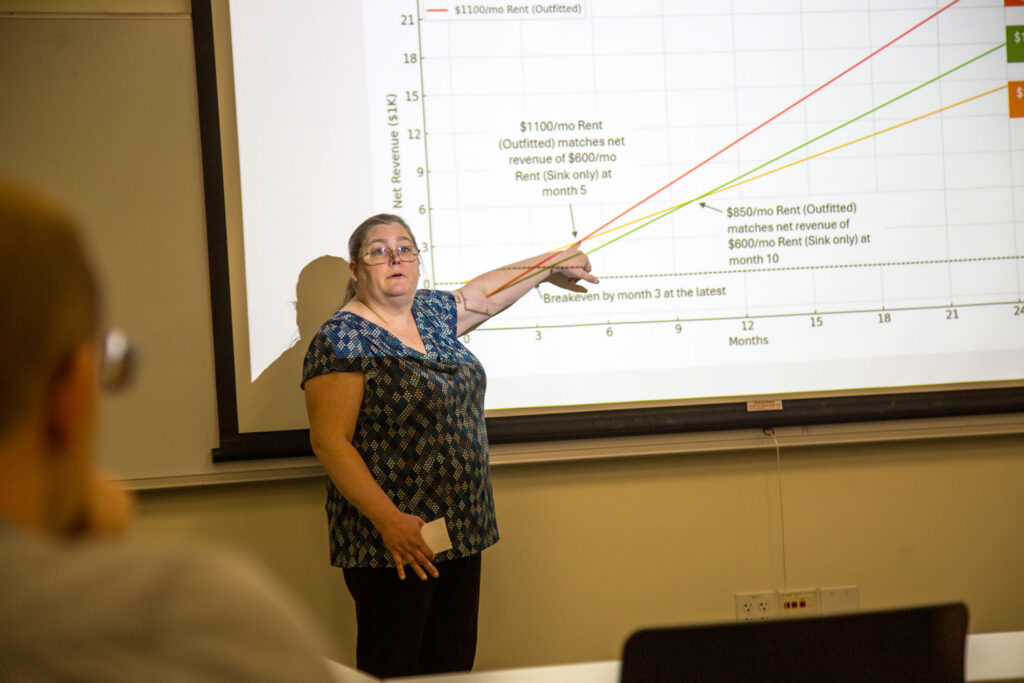
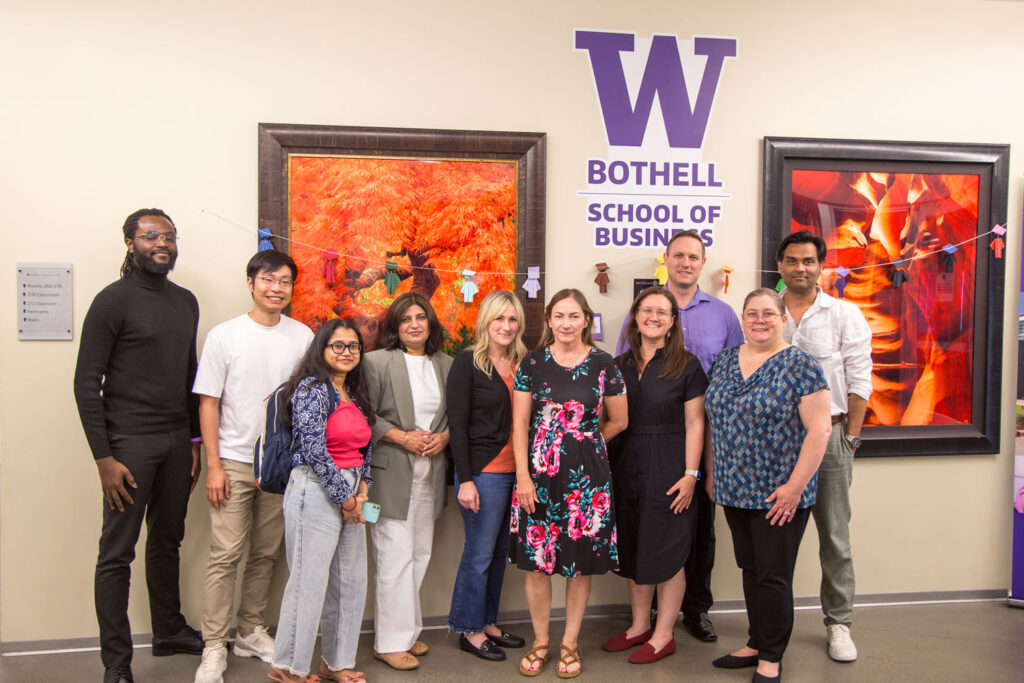
A perfect partnership
Before the start of each quarter, Jones reaches out to his network of former students and friends who are entrepreneurs to see who might be interested in partnering with his class. Small businesses, he noted, are the perfect fit for a capstone project.
“Small businesses are a good size for a 10-week course,” he said. “The goal of the class is for students to think about the business holistically — all its different functions and how they can fit all the pieces together — and small businesses are great for that. You can walk in and understand the operation quickly in a week or two and then spend your time really getting to know the owner and what you can contribute.”
For his friend Ken Coman, HDSA board president and owner of Top It Yogurt Shoppe, the partnership fit well with the HDSA’s mission to revitalize the downtown.
“I was excited by the opportunity for some of our businesses that are really trying to succeed in a challenging environment to get outside support that they otherwise wouldn’t be able to afford on their own,” Coman said. “It’s just a unique opportunity that fell in our laps and I’m very grateful.”
After asking around, Coman found two businesses interested in participating — Luxe Salon and Uppercase Books.
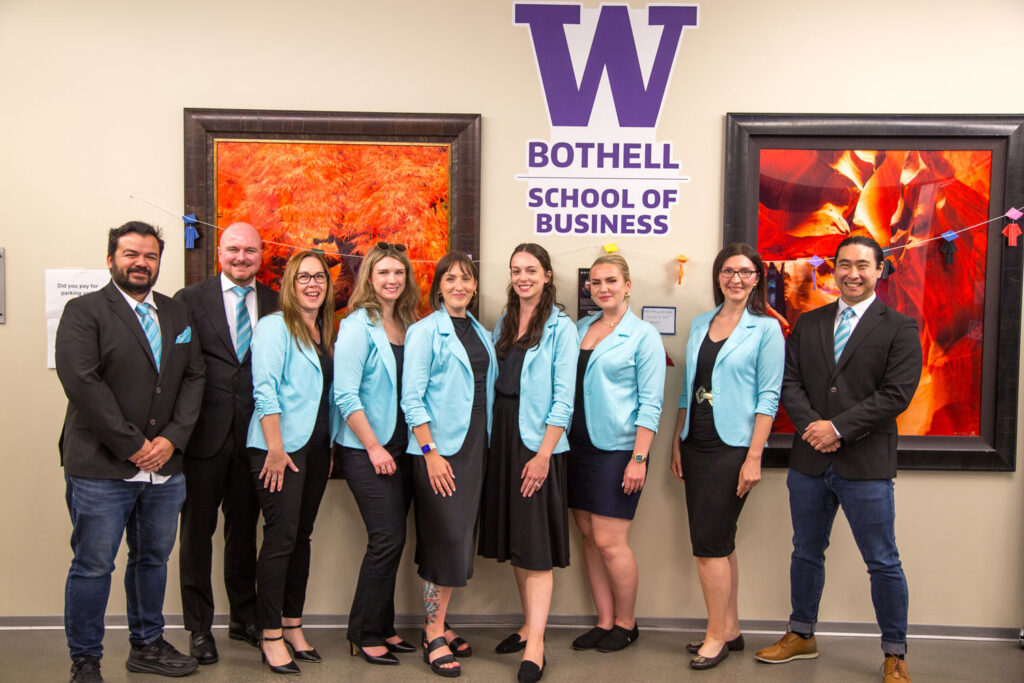
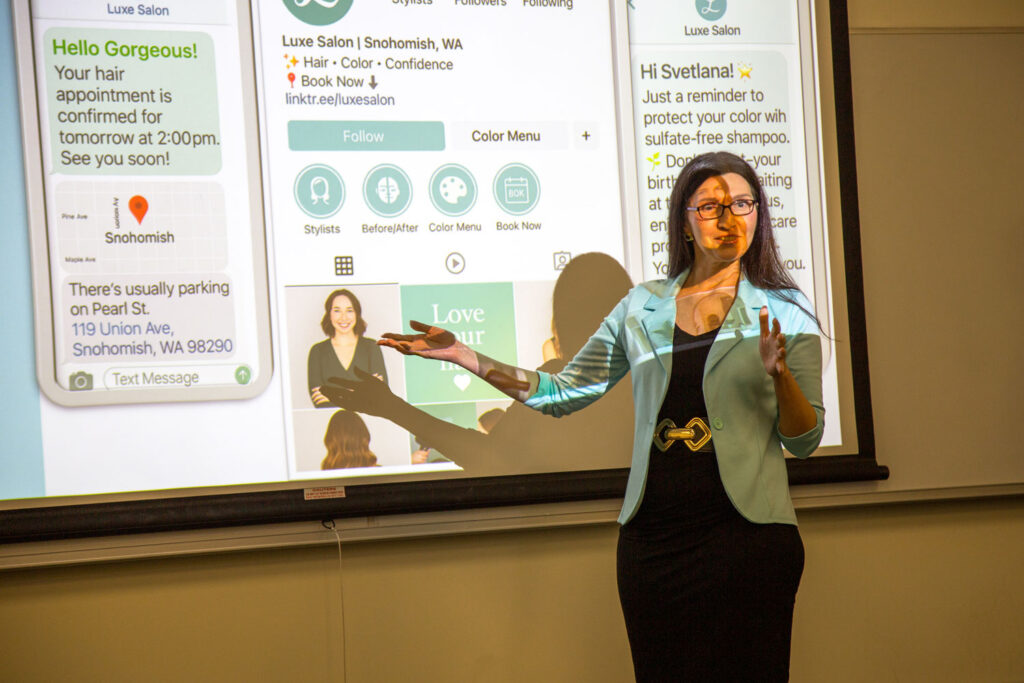
A full spectrum of support
In one of the two classes, students broke into two teams, each supporting their client, Luxe Salon, and focusing on different areas of growth potential. One group focused more on branding and digital marketing, such as social media and email and text campaigns to improve web traffic. The other dug deeper into the financial side by looking at top services by revenue, acquisition cost per customer and other analytics.
“I love how the two groups were not competing with each other. It was broken up in a fashion that allowed students to dive deep enough to provide real, actionable recommendations and gave the owners a full spectrum of support,” Coman said. “I loved the work that was done on data analytics and the thought behind, ‘what can we do to retain customers?’
“I was excited by the opportunity for some of our businesses that are really trying to succeed in a challenging environment to get outside support that they otherwise wouldn’t be able to afford on their own.”
Ken Coman, board president, Historic Downtown Snohomish Association
As the salon is also looking to move in the near future, the second group looked at ways to capitalize on the move, offering solutions such as renting out space to an esthetician and expanding their services.
“We knew they were going to be moving, and that’s a real opportunity for growth,” said Benjamin Studley, MBA student and team lead. “Growing the customer base, enhancing the stylist experience and the physical space, it made sense for us to naturally go down that path.”
For the other team lead, Ashley Wilson, an MBA student who currently works as a procurement analyst for Boeing, the experience fit well with her professional goals.
“This project directly aligned with my long-term goal of working in brand strategy or customer experience,” she said. “It reminded me how much I enjoy solving business problems creatively and collaboratively, which is exactly the direction I want to keep moving.”
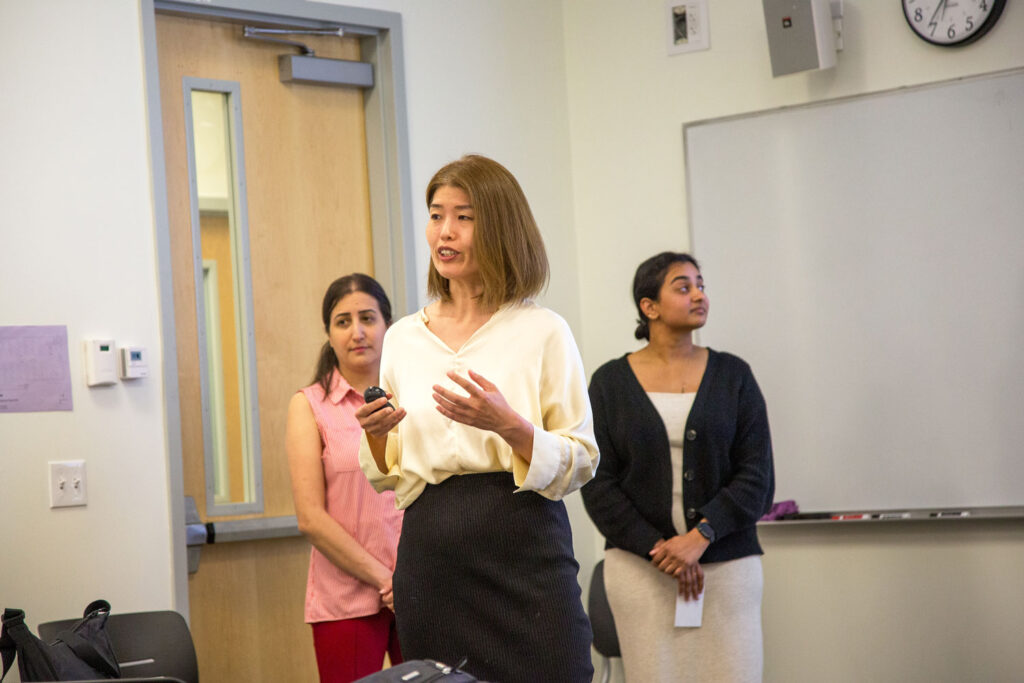
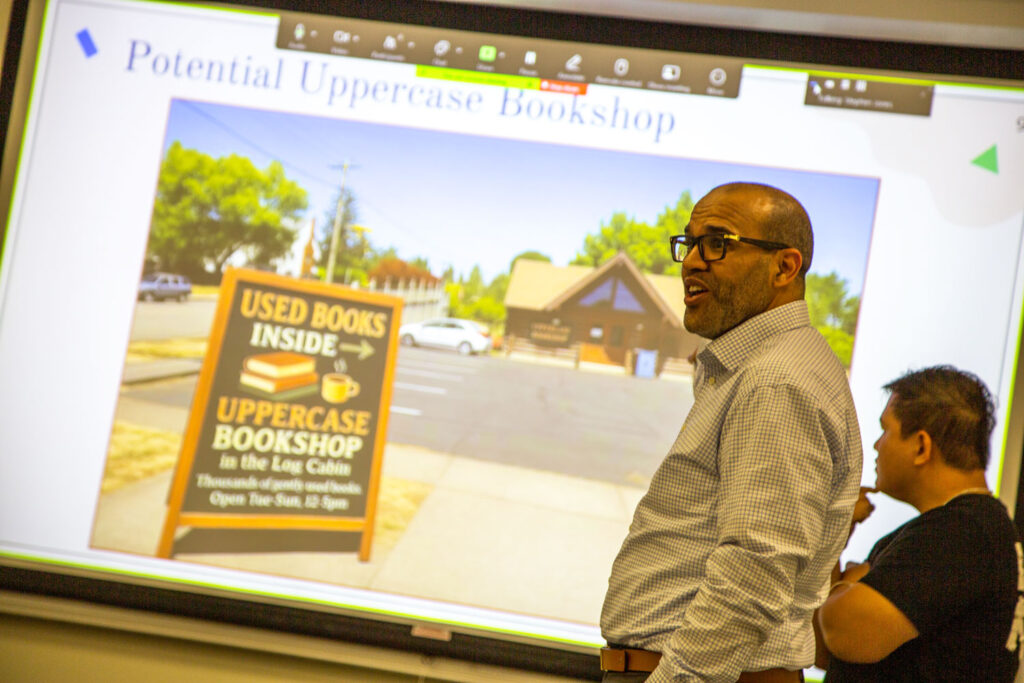
Achievable solutions
In Jones’ second, and smaller, class, students collaborated in a single group on a holistic marketing strategy for a local bookstore. A small business run by a mother-daughter duo, Uppercase Books is a cozy two-story bookshop in a log cabin nestled in a corner of the Furniture World parking lot in downtown Snohomish.
“We really tried to tailor our recommendations to what makes Uppercase, Uppercase,” said Nicole Eng-Duncan, MBA student and team lead, noting that there’s an experience that charming, small-town bookstores such as Uppercase provide that large retailers simply don’t.
“For me, the best part of this project was working so closely with the owner and getting the chance to hear firsthand what her vision was,” she said. “I could not have asked for a better team. We all really wanted to focus on making realistic, achievable and affordable recommendations.”
In addition to completing her MBA, Eng-Duncan is also finishing her last year of pharmacy school and working on clinical rotations. She hopes to someday work in the biotech industry.
“This project related to my goals because I hope to be a manager in my future career, and it is important to me to be a good leader,” she said, noting that this project was her first time serving in a high level, organizational role as the team leader. “Eventually, I would like to lead a cross-functional team that requires a lot of juggling of priorities, needs and wants — which I think this project helped me get a small taste of.”
The students recommended easy-to-implement steps to draw in new customers, such as additional signage and other exterior improvements as well as an increased social media presence. They also proposed the idea of a passport program to encourage customers to support various local establishments.
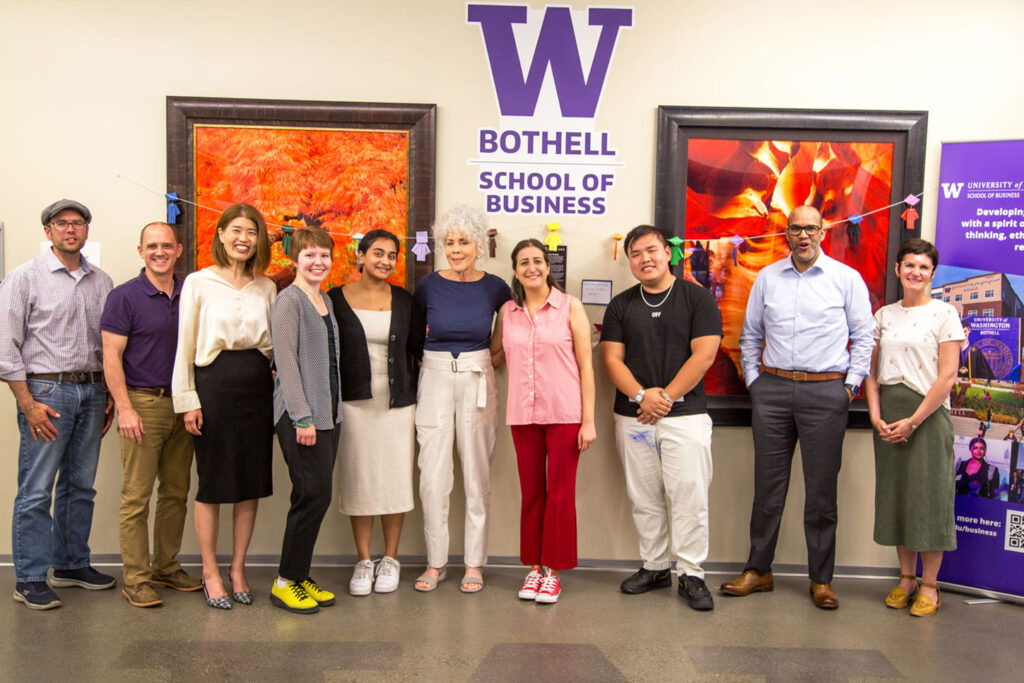
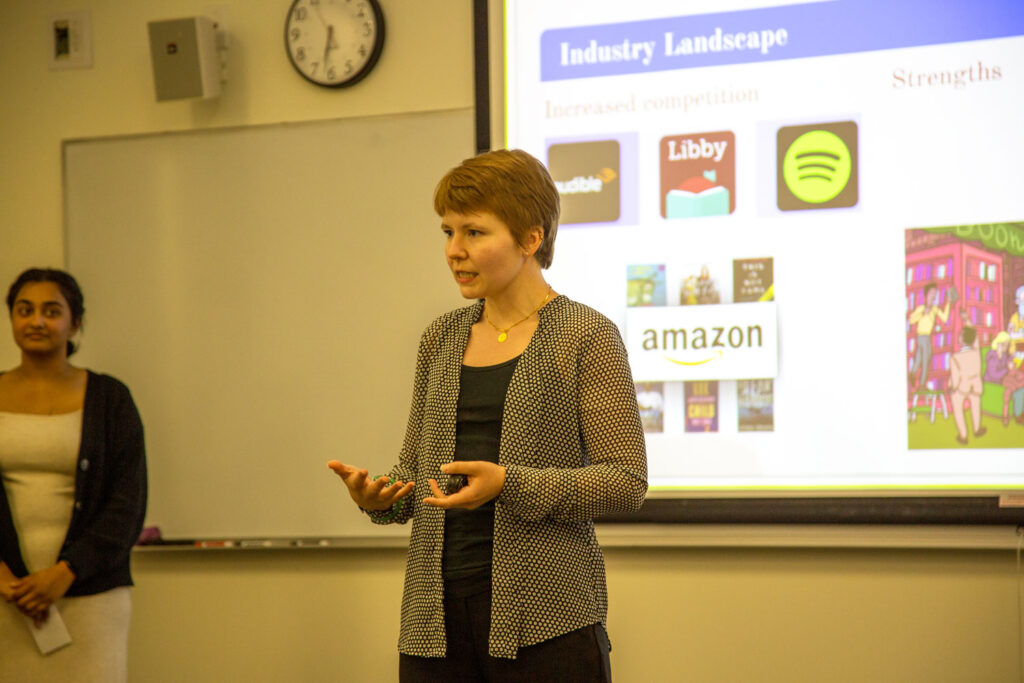
A domino effect
What benefits one business can often have the power to lift others around it, particularly in a tight knit community like Snohomish that has lots of tourism potential. Whether through a passport program such as the one Eng-Duncan and her team proposed or by simply drawing in more visitors to the area, incremental growth compounds.
The business owners who participated in this year’s capstone projects said they directly benefited from student expertise, but they also mentioned a desire to share what they’d learned with fellow entrepreneurs in town.
“We have a lot of businesses downtown that could benefit from this partnership, and I hope we’ll be able to send more to the school in the future,” Coman said.
For the students, the experience offered the perfect jumping off point to the next chapter in their careers.
“It was exciting to work on a real business challenge where we could combine branding, marketing and strategic thinking in a meaningful way,” Wilson said. “Collaborating with a team of sharp, motivated peers made it even more rewarding.
“I feel really grateful for this experience and the people I got to work with. It was the perfect capstone to the MBA program.”
